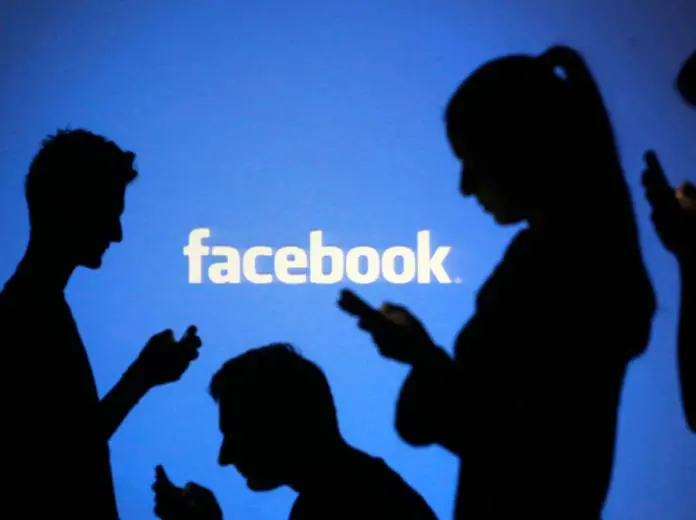
Several researchers have agreed that Facebook is addictive and depressing, yet inviting and irresistible. While almost everyone around the world enjoys using the largest social media platform in the world, most studies conclude that Facebook does its fair share of harm to users. Its powerful algorithms and vast reach make it a ready tool for disseminating instant news, and misinformation.
A Wall Street Journal report released this week suggested that several changes that Facebook implemented in 2018 to curtail inflammable political views actually drove extreme views afterward. The study also found that the Xcheck system put in place by social media made it possible for VIP users to violate Facebook’s regulations without any consequence.
According to the research, WSJ revealed that Facebook’s owned Instagram is also harmful to young girls who spend lots of time on the video and photo service. A survey of girls in the research found that they have an unhealthy opinion of themselves after using Instagram for a considerable period of time.
“Thirty-two percent of teen girls said that when they felt bad about their bodies, Instagram made them feel worse,” the WSJ researchers wrote. “They often feel ‘addicted’ and know that what they’re seeing is bad for their mental health, but feel unable to stop themselves. We make body image issues worse for one in three teen girls. Teens who struggle with mental health say Instagram makes it worse.”
The report also stated that despite the positive uses to which people put Facebook on a daily basis, social media has not succeeded at reducing drug trafficking, ethnic violence, trafficking in humans for domestic work, as well as other evils happening in many places around the world. As if that is not enough, the study also homed in on the myriads of COVID-19 misinformation flooding the social media network.
These challenges are not only peculiar to Facebook alone; they are also reported with YouTube and Twitter, as well as Instagram. As can be expected, Instagram head Adam Mosseri, defended his company by saying everything in life has positive and negative sides, and that results obtained depend on particular users.
In 2019, a longtime Facebook executive, Andrew Bosworth, stated that people can experience the nicotine or alcohol effect with social media if not used in moderation.
“People compare social media to nicotine,” he said. “I have seen family members struggle with alcoholism and classmates struggle with opioids. I know there is a battle for the terminology of addiction, but I side firmly with the neuroscientists. Still, while Facebook may not be nicotine, I think it is probably like sugar. Sugar is delicious and for most of us, there is a special place for it in our lives. But like all things, it benefits from moderation.”










